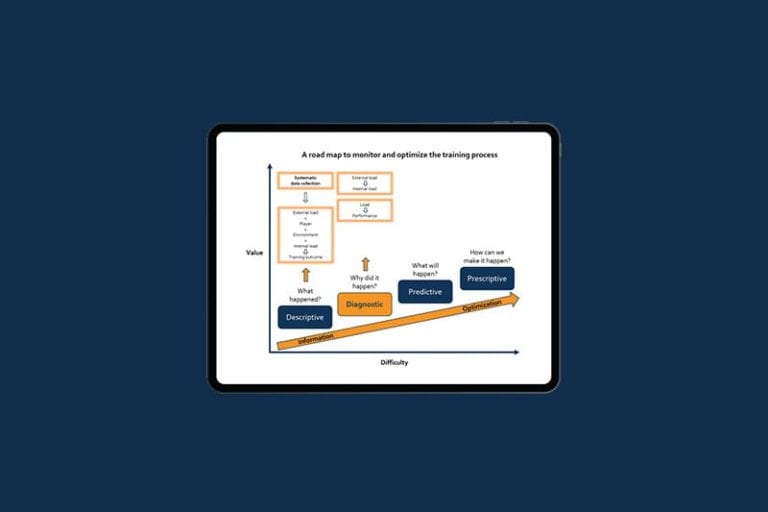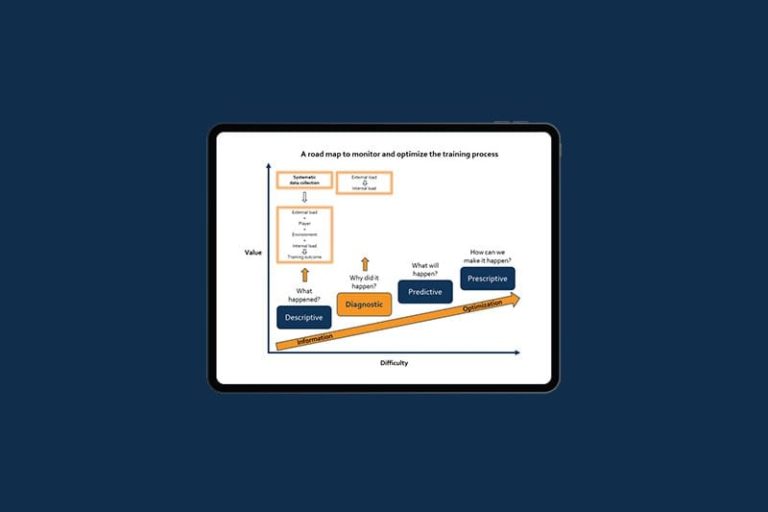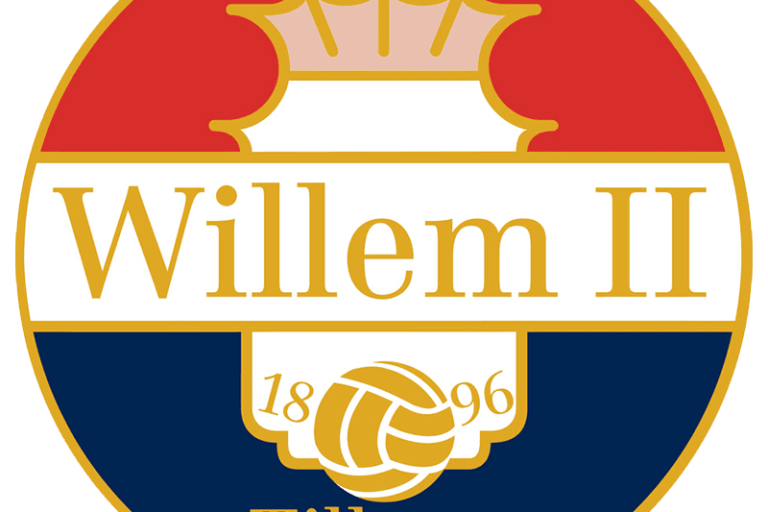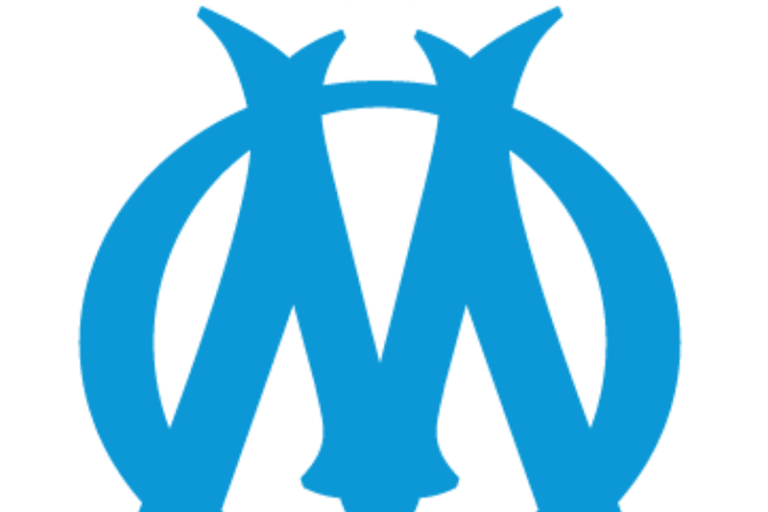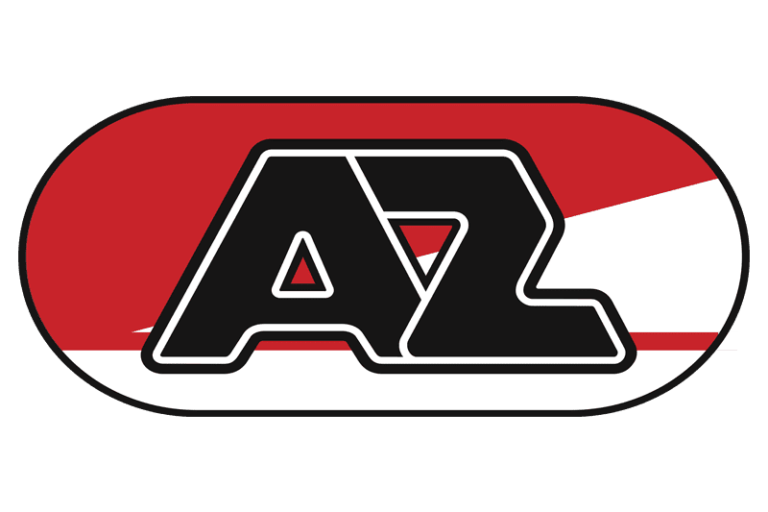Monitoring training load with Rating of Perceived Exertion (RPE)
Rating of Perceived Exertion (RPE). A powerful tool for monitoring training load or not? In this blog post we explain RPE, the various methods in which it can be used for monitoring and how it can help you optimise players’ readiness to perform.

